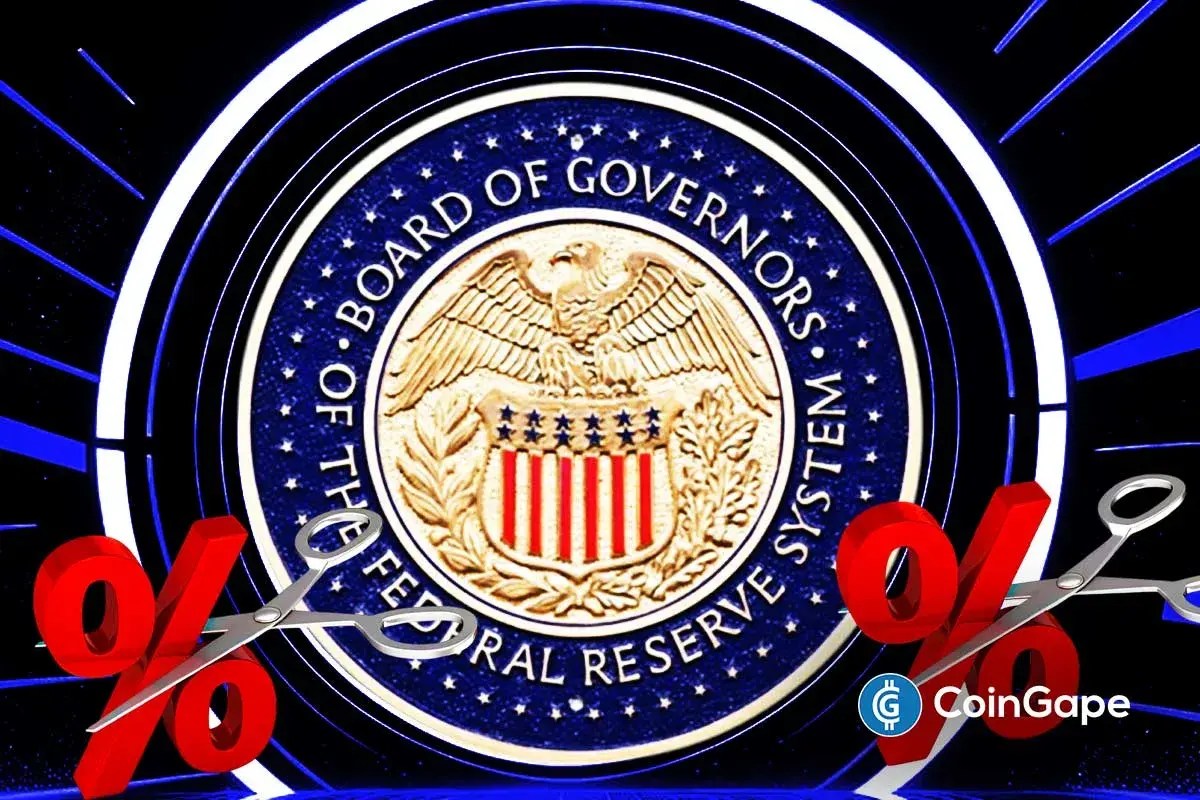Key Notes
- Government officials told Reuters on Nov.
- 18 the move aims to close a regulatory loophole in forex transaction taxation.
- Central Bank published regulations Nov.
- 10 that classify stablecoin operations as foreign exchange transactions starting February.
- Crypto transactions reached 227 billion reais ($42.8 billion) in the first half of 2025, with USDT accounting for two-thirds of volume.
Brazil is considering expanding its foreign exchange transaction tax to cover cryptocurrency use in international payments, government officials told Reuters on Nov. 18, as authorities seek to close a regulatory loophole in the country’s forex taxation system.
The Finance Ministry is reviewing whether to apply the IOF tax to cross-border transfers using digital assets and stablecoins.
The Central Bank classified these operations as forex transactions, according to Reuters’ exclusive report.
The IOF (Imposto sobre Operações Financeiras) is Brazil’s tax on financial transactions, including foreign exchange.
Crypto transactions are not currently subject to this tax, though investors must pay income tax on capital gains exceeding a monthly exemption.
Understanding the Regulatory Gap
The loophole exists because Brazilians can use stablecoins to access dollar-equivalent assets and make international payments without paying the IOF tax that applies to traditional forex operations.
When users exchange reais for dollars through banks, they pay IOF tax rates ranging from 0.38% to 6.38% depending on the transaction type.
Purchasing USDT to hold dollar-denominated value or sending stablecoins abroad currently avoids this taxation entirely.
A Federal Police official told Reuters the tax gap enables customs evasion schemes. The official described patterns where importers might officially declare 20% of a machinery purchase value and route the remaining 80% through USDT transfers.
This approach allows them to avoid both IOF taxes and import duties. The official estimated the government loses more than $30 billion in annual revenue from such practices.
Market Scale and Regulatory Framework
Crypto transactions in Brazil reached 227 billion reais ($42.8 billion) in the first half of 2025, a 20% increase from the same period in 2024, according to federal tax authority data cited by Reuters.
Tether accounted for two-thirds of transaction volume, while Bitcoin
BTC
$91 408
24h volatility:
3.5%
Market cap:
$1.82 T
Vol. 24h:
$122.00 B
represented 11% of transactions.
The Central Bank published three resolutions Nov. 10 that classify stablecoin transactions as foreign-exchange operations, according to Agência Brasil.
Resolution BCB nº 521 covers international payments and card transaction settlements. The regulations take effect Feb. 2, 2026, with forex-specific stablecoin rules beginning May 4, 2026, according to a legal analysis from Mattos Filho.
The Federal Revenue Service expanded crypto reporting requirements Nov. 14 through IN RFB nº 2.291, which mandates foreign exchanges operating in Brazil to report transactions, according to the official Receita Federal announcement.
The expansion mirrors US requirements for centralized exchanges to report transactions to the IRS, which took effect in January 2025.
Brazilian officials warned that stablecoins are used mainly for payments rather than investment, which creates channels for money laundering.
Regulatory scrutiny of stablecoin reserve practices has intensified globally, with US lawmakers proposing bills requiring Tether to restructure its reserves.
According to the officials, the Central Bank classifications do not automatically trigger tax obligations, which require separate guidance from Brazil’s tax authority.
next
Disclaimer: Coinspeaker is committed to providing unbiased and transparent reporting. This article aims to deliver accurate and timely information but should not be taken as financial or investment advice. Since market conditions can change rapidly, we encourage you to verify information on your own and consult with a professional before making any decisions based on this content.
As a Web3 marketing strategist and former CMO of DuckDAO, Zoran Spirkovski translates complex crypto concepts into compelling narratives that drive growth. With a background in crypto journalism, he excels in developing go-to-market strategies for DeFi, L2, and GameFi projects.
Zoran Spirkovski on X
Source: https://www.coinspeaker.com/brazil-considers-tax-on-crypto-cross-border-payments-to-close-regulatory-gap/


